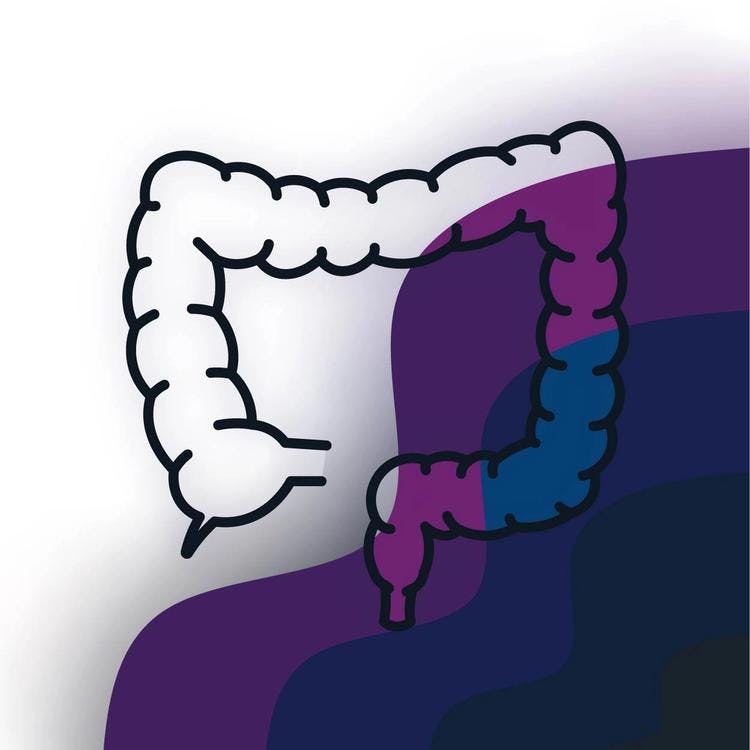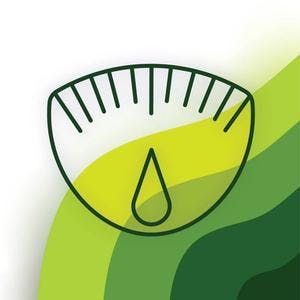The colon is a part of your large bowel and consists of three portions: the ascending colon, the transverse colon and the descending colon. Colon cancer is the 3rd most common cancer in the world. It is sometimes called colorectal cancer.
What causes colon cancer?
Colon cancer in most cases (85% of the time) occurs with no real known cause. For the other 15% of cases, there are genes which have been shown to increase the risk of developing colon cancer significantly. This means that colon cancer can be genetic and can run in some families with these genes.
What increases the risk of colon cancer?
- Being older
- Individuals with inflammatory bowel disease
- Obesity
- Eating processed foods (such as fast foods, preserved foods, processed meat etc)
- Eating red meat
- Drinking alcohol
- Smoking
- Not exercising
How does colon cancer develop?
The cells that line the inner layer of the colon are replaced very frequently. The reproduction or copying of cells has to be done carefully. This is because your body wants to copy the cells here accurately and doesn't want to make too few or too many cells.
As the old cells are copied to make new ones, some genetic errors can happen. If enough genetic mistakes happen, the growth and reproduction of these cells can become unregulated. This then results in uncontrolled growth, which causes cancer tumours.
What you can do to prevent colon cancer
Modifying your lifestyle in order to reduce your risk of cancer is important. Exercising, eating healthily, not smoking or drinking, and losing weight are all important steps in preventing colon cancer.
It is also important that when you turn 50 years old, you should have a colonoscopy done at the hospital. A colonoscopy is a tube with a camera at the end, which allows doctors to have a look at the colon without any surgery. By doing this, doctors can see if there are any early signs of cancer. With any cancer, it is important to try and catch it early, so that you can treat it better.
If you have a parent or sibling who has or had colon cancer, it is important that you go for a colonoscopy earlier. To find out when to have a colonoscopy done, subtract 10 years from the age at which your sibling/parent was first diagnosed with colon cancer. This is the age at which you should have a colonoscopy.


